January the 8th, 2024 – It has been put on the back burner several times now, but as things currently stand, it seems the ETIAS travel authorisation is set to come into force in May 2025. Who will need an ETIAS in Croatia?
What’s an ETIAS, and why will I need one for Croatia?
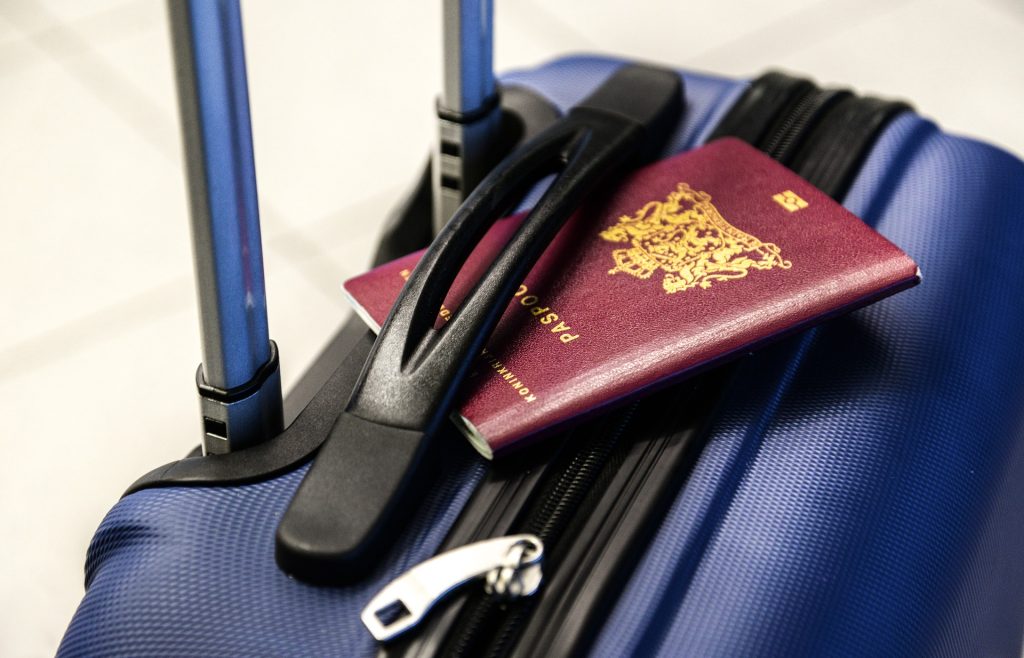
An ETIAS (European Travel Information and Authorisation System) is a European Union electronic authorisation system for travel. It’s intended for nationals of countries who can enter the EU visa-free, and is therefore not a visa. It is currently not in operation, so applications cannot yet be made, but the plans are for it to be operational by May 2025.
ETIAS approval is not the same as having a residence permit in an EU country, it is intended for short stays of 90 days or less in any 180 days only.
Who will need an ETIAS in Croatia?
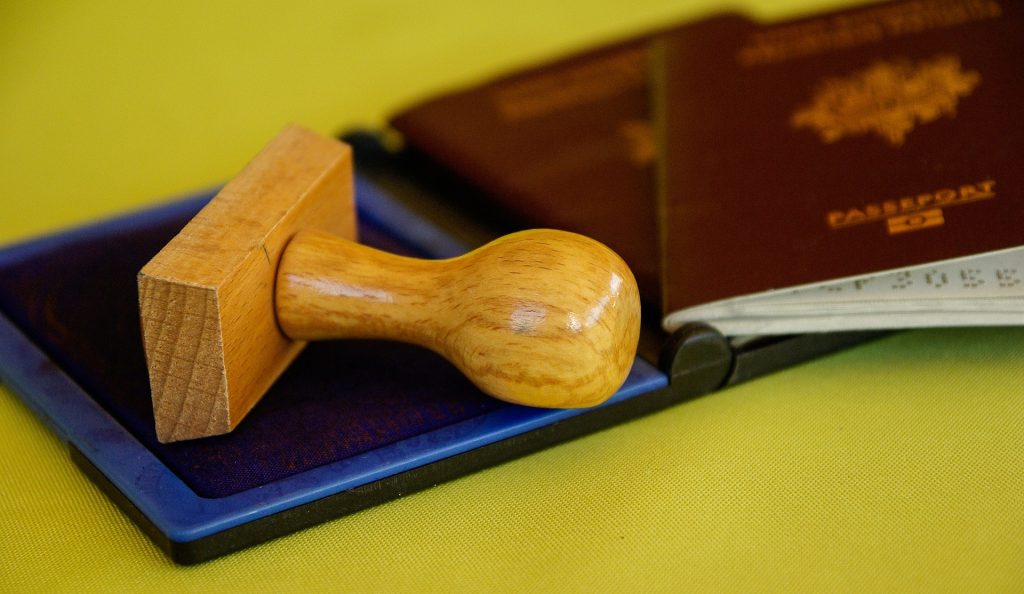
Nationals of the following non-EU countries (over sixty nations) who don’t require a visa to enter the EU will be required to obtain an ETIAS for short-term stays in the EU (including in Croatia) with some exceptions and caveats that I’ll list a bit later on.
An ETIAS will cost seven euros and be valid for multiple entries into the EU for a period of three years, or until the travel document registered to it expires, if that’s sooner. In some cases, it will be free.
30 European countries will require visa-exempt nationals to have an ETIAS to enter.
How do I apply?
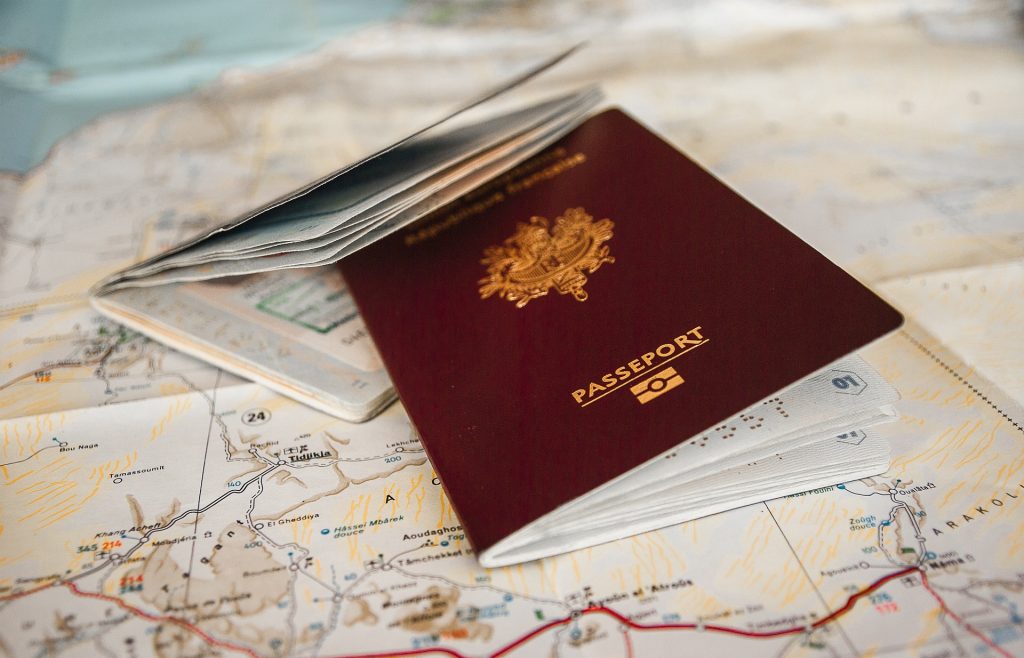
ETIAS applications will be processed in a mere few minutes in the vast majority of cases. In rare cases, the process may take longer. It can take either four days, which can be extended to two weeks should you be asked to provide more information, or even up to a month (30 days) if you need to have an interview. Such cases will be exceptionally rare, but it is still wise to apply for your ETIAS long before your scheduled trip through either the ETIAS app or website.
Here’s what you’ll need to provide when you apply.
You’ll be emailed with confirmation of your application and this email will contain a unique application number. You’ll then receive another email with the result of your application once it has been processed successfully. In the very rare event of your application being refused, you’ll be told why and also given the chance to appeal the decision. Find out more about that here.
What if I want to enter Croatia in 2025 and I’m stateless?

If you don’t hold the citizenship of any country, you’ll still need to have an ETIAS to enter Croatia as of 2025 if you hold a travel document issued by the Republic of Ireland or any of these countries.
Who won’t need an ETIAS to enter Croatia in 2025?
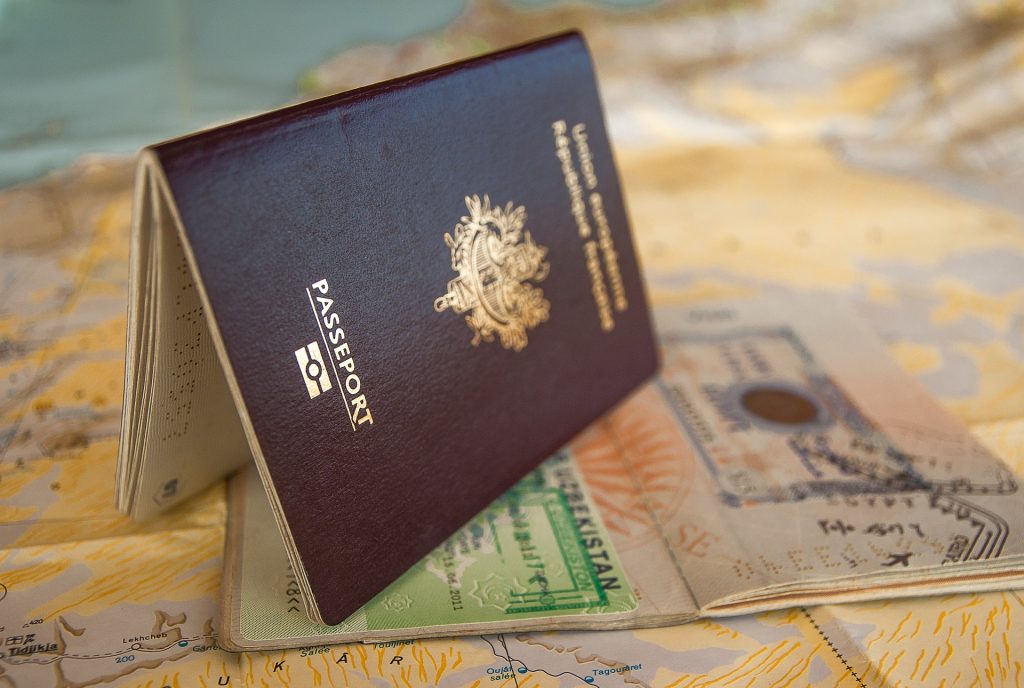
If you hold the citizenship of any of the countries requiring an ETIAS for entry, you don’t need one yourself in order to enter Croatia.
If you hold a residence permit issued by the authorities of any of the countries which would otherwise require an ETIAS, you won’t need one yourself to enter Croatia. This includes residence permits issued by Croatia itself. You won’t need to apply for an ETIAS to enter Croatia if you have legal residence here and you can prove it (such as with a residence permit).
If you’re a citizen of Monaco, the Holy See, the Republic of Ireland, San Marino or Andorra, you won’t need an ETIAS to enter Croatia.
If you’re a British citizen protected by the Withdrawal Agreement, you will not need an ETIAS. This also includes any of your family members protected under the same Agreement. Both British nationals who have rights afforded to them by the Withdrawal Agreement and their family members (who don’t necessarily have to be British nationals themselves) can reside in the country of their registered residence and travel to all other countries which would otherwise require an ETIAS without needing to apply for one in 2025, but they must have documents (such as residence permits) to prove their status with them.
If you’re a stateless person (a person with no citizenship), a refugee or a person who doesn’t hold the citizenship of any country and you reside in any of the European countries otherwise requiring ETIAS and you hold a valid travel document issued by that country.
If you hold a national long-term visa, a uniform visa or a local border traffic permit, or if you hold a service, special or diplomatic biometric passport.
Will I be able to apply for an ETIAS for other people?
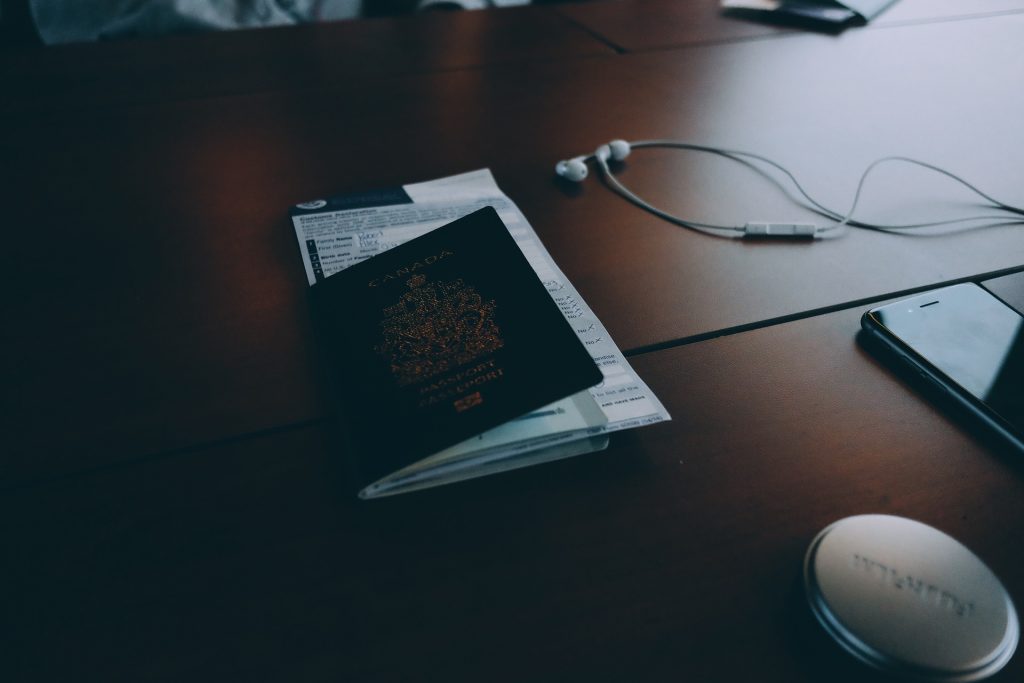
Yes, you’ll be able to.
You’ll need to sign a declaration of representation when doing so via the app or the website, as will the person you’re making the application for. Only one declaration per traveller will be permitted.
One ETIAS per person will be the rule, therefore family or group applications won’t be possible. It is up to you to make sure that all of the data is correct when making the application, and then again when you receive your decision by email.
Caveats
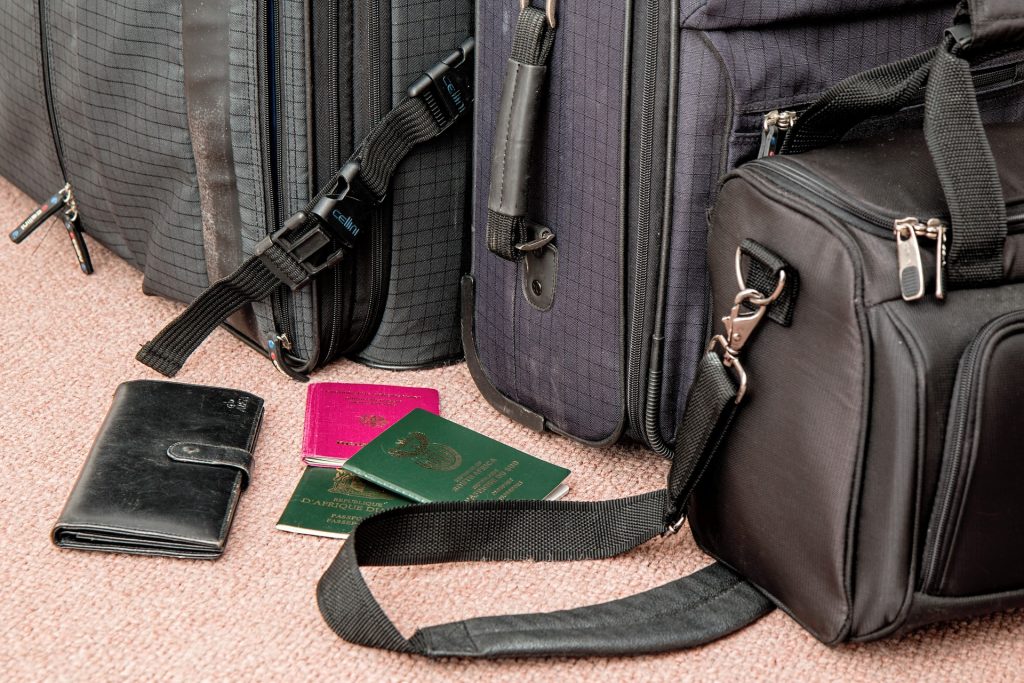
British nationals are no longer EU citizens. They will require an ETIAS in Croatia/to enter Croatia or any other country requiring ETIAS travel authorisation for 90 days in any 180 days (short-term stay) given that the United Kingdom is a European country which has visa-exempt access to the EU. The only exceptions to this are those who are beneficiaries of the Withdrawal Agreement and who can prove it, as stated above. British Withdrawal Agreement residence permit holders will not require an ETIAS to enter Croatia or any other EU country otherwise requiring it of British nationals who are not holders of the aforementioned residence permit.
Nationals of neighbouring non-EU countries such as Serbia and Bosnia and Herzegovina will need to have an ETIAS to enter Croatia, ending the easy passage in and out of Croatia for holders of Bosnia and Herzegovina citizens that has been enjoyed for many years. Croatian citizens living in Bosnia and Herzegovina and those with Croatian residence permits are exempt.
Being approved for an ETIAS doesn’t automatically guarantee you entry into the country you’re travelling to. That is ultimately up to the border guard.
You must use the passport you used as part of your ETIAS application when you arrive at the Croatian border as the authorisation is linked to that particular travel document. You will be refused entry into the country upon arrival at the border if you present a different document to the one used to make the application.
For more, make sure to check out our dedicated travel section.










